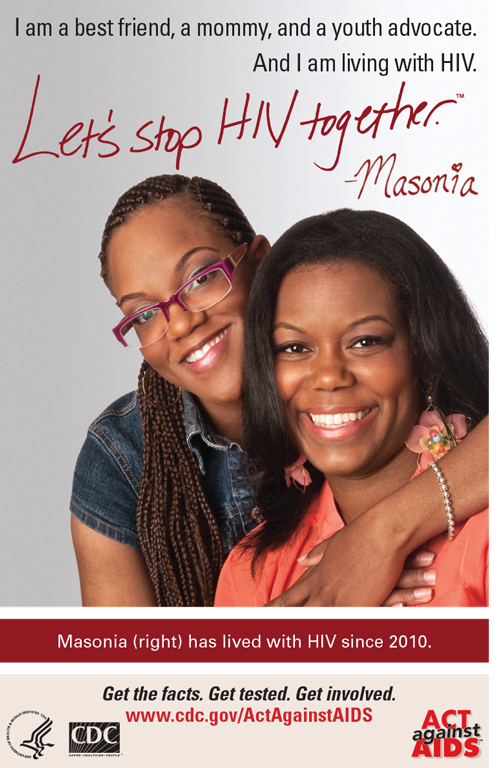The use of peers or community health workers to assist vulnerable populations, including people living with HIV, has been encouraged by the Affordable Care Act’s Medicaid expansion and by results documented in the medical literature. In advocacy programs of this nature, peers or community health workers generally have something in common with the population served — ethnicity, language, age group, culture or experience.1
These common connections can make the peer advocate a credible and effective member of the care team. Within HIV communities, there is much documented evidence of improvement of health outcomes and/or behaviors due to peer advocacy and/or community outreach.2
Most funding for these types of workers has come from grants. However, the level of future federal, state and private grant support is unclear. But due to Medicaid expansion in Illinois and a new rule from the Centers of Medicare and Medicaid Services (CMS), preventive services delivered by peer advocates is potentially reimbursable.
In Illinois, South Suburban College and Malcolm X College offer training and certification programs for community health workers. These programs help students to develop the skill set to provide virtually all of the services traditionally provided by peer advocates.
The Health Resources and Services Administration’s HIV/AIDS Bureau funded the Peer Education and Evaluation Resource (PEER) Center, which developed a peer program development toolkit, a peer training toolkit and other helpful resources. The PEER Center was designed to help Ryan White HIV/AIDS program grantees, clinics, AIDS Service Organizations and other training organizations develop peer programs to support HIV-positive individuals as they enter and stay in care, adhere to treatment protocols, and improve their quality of life.


